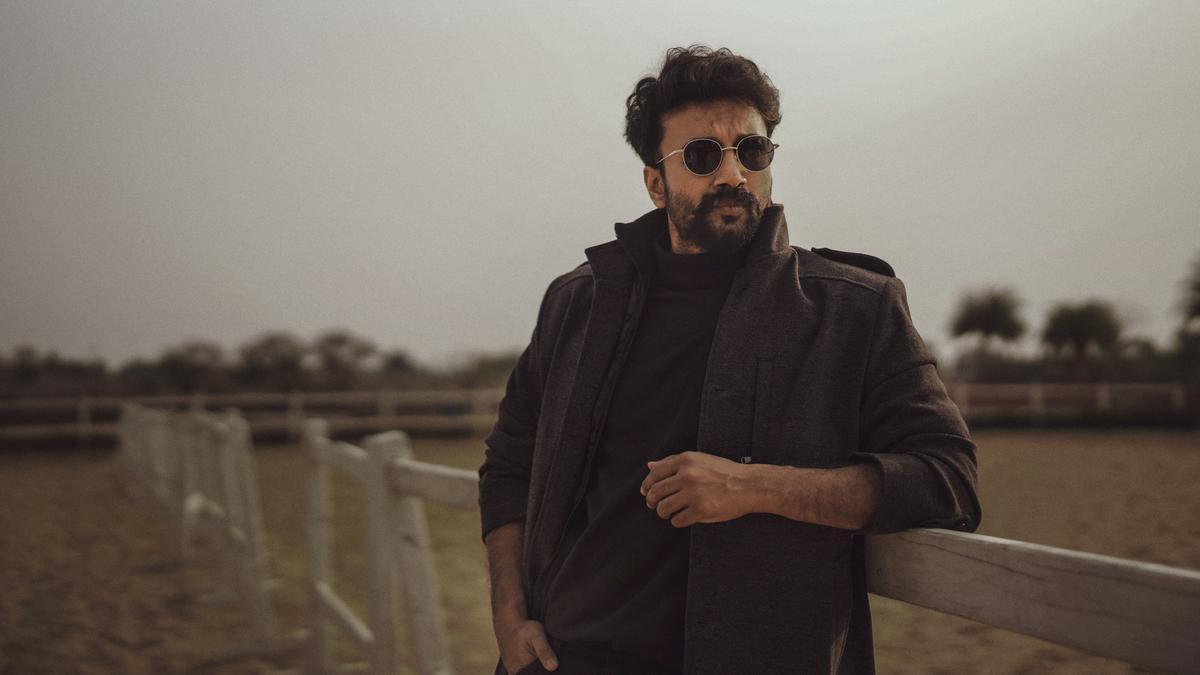
A young woman from the US, wanting to deepen her relationship with God, reaches the shores of Italy to a convent filled with nuns. In the process of taking her final vows to adhere to the evangelical counsels and becoming a nun, she uncovers a series of sinister events leading to a horrific discovery that explains the methodically mediated happenings of her life. This is the story of The First Omen, a film released just a while ago. But if you took it as a plot summary of Sydney Sweeney-led Immaculate, you aren’t particularly wrong either.
In a shocking hit to the bodily agency women had, the US Supreme Court overturned the constitutional right to have an abortion which was upheld for decades and by rights, it became fodder for Hollywood to churn out horror stories. No wonder it feels cathartic when Sweeney rakes up a body count of religious extremists who try to snatch away her right to bodily autonomy. Though limited, they make for the best stretches of this horror film which doubles as a hat-tip to yesteryear Italian horror flicks.
After a good long stretch called the first half, most of which should have ended up below the editor’s work table, we, along with Cecilia (Sweeney), discover that she’s pregnant despite being a virgin. The film picks up pace as we are introduced to what she endures as the trimesters add on and it hits a crescendo when both her water and hell break loose. It wouldn’t be an understatement to say that Sweeney single-handedly carries Immaculate on her able shoulders. The film does not reinvent the horror wheel and would have fallen flat if not for its central actor doing right by the film’s title. Sweeney takes charge of the tale like her life depends on it… a part of which could actually be true, considering she’s also its co-producer.
Director Michael Mohan’s film lacks ambition and sticks to the basics of its chosen genre. A character calls Cecilia “an angel of light” and then we are shown an inscription of Corinthians 11:14 as a callback. We are told about the catacombs under the convent 15 minutes into the film and as expected, that’s where the climax unfolds. An early mention of science makes a comeback when it’s used to perpetrate unspeakable horrors in the name of instigating the Second Coming. Immaculate is riddled with Chekhov’s Guns but all they shoot are blanks, offering little to no impact in driving home its point.
If the sub-genre of nunsploitation with a spoonful of gore and jumpscares tickles your fancy, the film might be right up your alley.
. But suppose you are on the lookout for a solid horror flick that has the propensity to make you scream like how the brilliant Sweeney does in the film’s final moments, Immaculate might not offer you anything euphoric except for a neat performance from the Euphoria star.
Sweeney’s portrayal of Cecilia is indeed the high point of the film. Her ability to convey a wide range of emotions through facial expressions and body language keeps the audience engaged, even when the plot meanders through predictable horror tropes. The moments of vulnerability contrasted with fierce determination make her character compelling and root-worthy.
Despite the strong lead performance, the film struggles with pacing issues and a lack of originality. The script leans heavily on horror clichés, including eerie convent corridors, cryptic religious symbols, and ominous visions. The location, a decrepit Italian convent, while visually striking, is not enough to elevate the film above its narrative shortcomings.
Michael Mohan’s direction seems content with sticking to a tried-and-tested formula. The film’s visual and thematic callbacks to classic Italian horror films such as those by Dario Argento are evident, but they come across more as homage rather than innovation. These references, combined with a predictable storyline, result in a film that feels more derivative than inventive.
One of the film’s few inventive aspects is its commentary on bodily autonomy and religious extremism. These themes resonate more strongly in the current socio-political climate, particularly in the wake of the US Supreme Court’s controversial ruling. However, the film’s execution of these themes is heavy-handed and lacks the subtlety needed to make a profound impact.
The supporting cast, comprised mostly of stern-faced nuns and sinister church officials, perform their roles adequately but do not leave a lasting impression. Their characters serve more as plot devices than fully realized individuals, which further hinders the film’s ability to create genuine suspense and horror.
As the film races towards its climactic showdown in the convent’s catacombs, it sacrifices character development and plot coherence for shock value and gore. The final scenes, although visually intense, feel rushed and unearned, leaving the audience with more questions than answers.
In conclusion, Immaculate offers a mixed bag. For fans of Sydney Sweeney, her performance alone may be worth the price of admission. However, those looking for a ground-breaking or even a thoroughly satisfying horror film might find themselves disappointed. The movie is currently running in theatres, and while it may not reinvent the genre, it serves as a vehicle for Sweeney’s undeniable talent and a reflection of timely socio-political issues.










